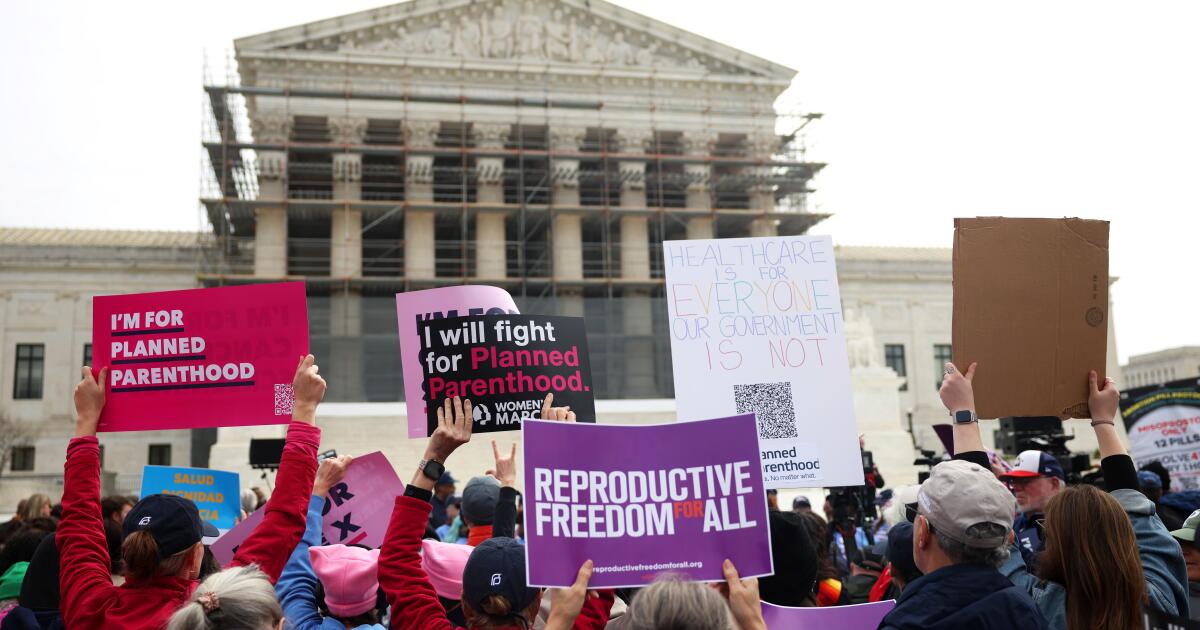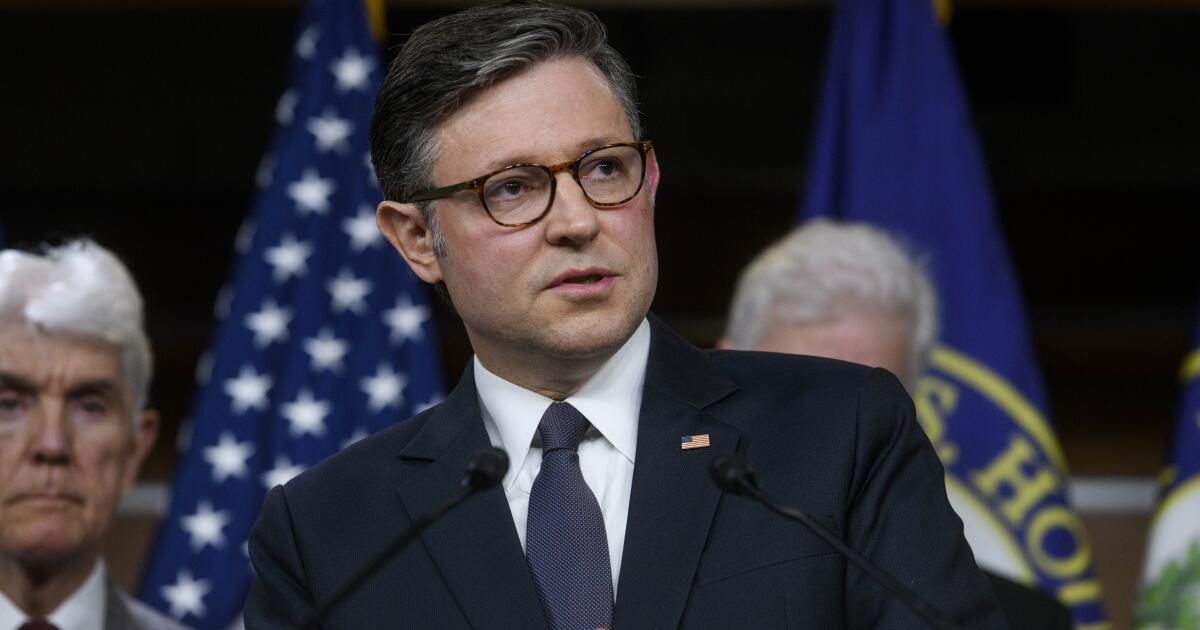Supreme Court says states may bar women on Medicaid from using Planned Parenthood clinics
WASHINGTON — The Supreme Court ruled Thursday that states may exclude Planned Parenthood clinics from providing medical screenings and other healthcare for women on Medicaid.
The court’s conservative majority reversed the longstanding rule that said Medicaid patients may obtain medical care from any qualified provider.
In a 6-3 vote, the justices ruled the Medicaid Act does not give patients an “individual right” to the provider of their choice.
The dispute has turned on abortion. Medicaid is funded by the federal government and the states. For decades, conservative states have argued their funds should not be used in Planned Parenthood clinics because some of those clinics perform abortions.
But until now, the federal government and the courts had said that Medicaid patients can go to any qualified provider for healthcare.
In dissent, Justice Ketanji Brown Jackson said the decision “will deprive Medicaid recipients in South Carolina of their only meaningful way of enforcing a right that Congress has expressly granted to them. And, more concretely, it will strip those South Carolinians — and countless other Medicaid recipients around the country — of a deeply personal freedom: the ability to decide who treats us at our most vulnerable.” Justices Sonia Sotomayor and Elena Kagan agreed.
Planned Parenthood clinics provide cancer screenings, birth control medical screenings, pregnancy testing, contraception and other healthcare services.
Congress pays most of the state’s costs for Medicaid, and it says “any individual eligible for medical assistance” may receive care from any provider who is “qualified to perform the service.”
Lupe Rodríguez, executive director of National Latina Institute for Reproductive Justice, called the decision “an attack on our healthcare and our freedom to make our own decisions about our bodies and lives. By allowing states to block Medicaid patients from getting care at Planned Parenthood health centers, the Court has chosen politics over people and cruelty over compassion.”
Three years ago, the Supreme Court overturned Roe vs. Wade and ruled states may prohibit nearly all abortions.
Nonetheless, South Carolina continued its legal fight to prevent Medicaid patients from receiving care at Planned Parenthood’s clinics in Charleston and Columbia.
Former Gov. Henry McMaster, who issued the ban on Planned Parenthood in 2018, said he did so to protect “his state’s sovereign interests.”
Critics of the move said the state has a severe shortage of doctors and medical personnel who treat low-income patients on Medicaid.

